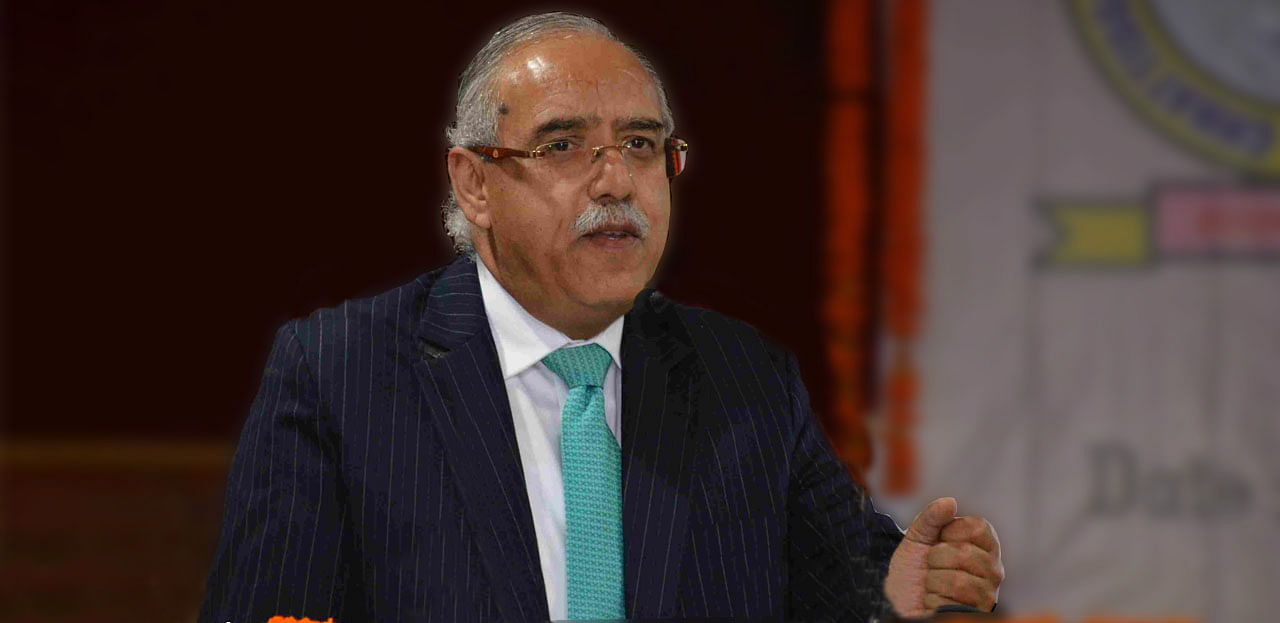
Maintaining that majoritarianism is anti-thesis to democracy, a Supreme Court judge, Justice Deepak Gupta on Monday said if some party gets 51% vote, it does not that mean that the other 49% should not speak for five years.
“A citizen has the right to get together and protest, but in a peaceful manner; government is not always right,” he said, stressing that dissent was the essence of democracy.
“If we quell or discourage dissent, it has a chilling effect on democracy. We all make mistakes. government has no right to stifle a protest unless it turns violent. There have been many recent incidents where people dissenting have been slapped with terms like anti-national. If we do not challenge age-old customs, there won't be a new thought. New thoughts will only come in if you challenge old thoughts,” he said.
In a speech on 'Democracy and Dissent' organised by the SC Bar Association here, he said, “Dissent must be encouraged. It is only through discussion that we can strive to run the country better. Democracy is for 100%. A government is for everyone. Governance does not mean carrying out whims of a few. So everyone must play a role in democracy.”
So long as a person is not breaking the law, he has every right to make a dissent, he said, pointing out government and country are two different things.
“I see bar associations passing resolutions saying they will not appear in a particular matter. This is not done. You cannot deny legal aid,” he said.
“If we discourage dissent, it has a chilling effect on free speech,” he said quoting Justice R F Nariman's judgment in 'Shreya Singhal' case.
Dissent was the essence of civil disobedience movement of Mahatma Gandhi, Justice Gupta said, adding the rule of law, an integral part of our body politic, is the golden thread that runs through our Constitution. “When rule of law disappears, we are governed by the whims of few,” he said.
He cited Justice Subba Rao's dissent in Kharak Singh case stating that right to privacy was a fundamental right, which was subsequently accepted many years later. Justice Subba Rao's dissent was way ahead of its time.
“I alteast get 50 letters in a day which is contemptuous in nature,” he said,
“Dissenting cannot be just because a dissent needs to be made. You have to dissent even if all the step is alone but that it needs to be categorically said so. Dissent in a tool which is powerful at the hands of judges but must be used carefully,” he said.
